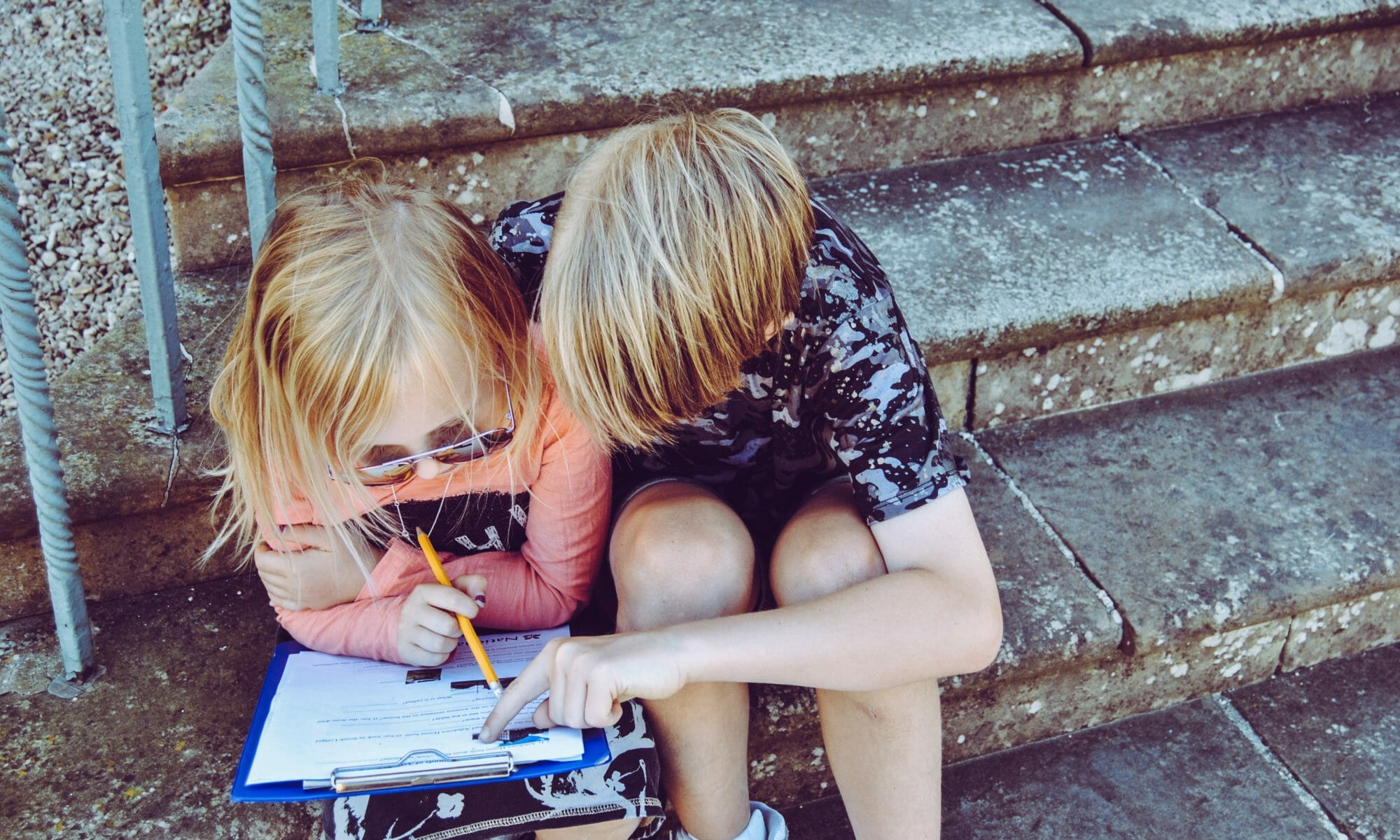When parents part ways, it can feel like the ground is shifting under a child’s feet, especially at school. Imagine trying to ace a test while feeling sad or anxious—no easy feat! Kids in this situation often struggle with schoolwork and making friends. Research shows that these emotional ups and downs can seriously impact both their school life and home learning.
Save the Children reminds us that most learning happens at home, not just in the classroom. A supportive home environment can ignite a love for learning and help kids develop vital skills.
What Are the Impacts of Divorce on Children’s Education?
After a divorce, children who split their time between their parents’ homes can face several educational challenges. The instability and disruption of moving between two households can impact their academic performance, emotional well-being, and overall stability. Here’s a breakdown of how divorce can affect your child’s education:
1. Impact on Academic Performance
Inconsistency in Routines
When kids move between two homes, it can mess up their daily routines like study times, bedtimes, and wake-up times. A study by the American Academy of Pediatrics (AAP) found that these inconsistent routines can mess with kids’ sleep patterns. This can hurt their school performance and behavior.
Homework and Study Challenges
Listen, it can be really tough for kids to keep up with their school stuff when they’re going back and forth between two homes. A study published in the Journal of Marriage and Family found that kids who live with both parents might have a harder time with homework and staying organized. This can lead to bad grades and extra stress.
Emotional and Psychological Stress
The emotional stress of living in two different homes can cause anxiety, depression, and behavior problems. These issues can affect school performance. The National Center for Biotechnology Information (NCBI) says that kids in joint custody are more likely to have emotional and behavior problems than those in sole custody.
2. Disruption in Social Connections Can affects Your Kid’s education:
School Stability:
Keeping steady friendships at school is really important for kids’ happiness and success in school. But when kids move between two homes, it can be hard for them to make and keep friends. Kids in joint custody often feel lonely and have trouble with friends because they can’t always join in social activities. And it affects their academic performance.
Extracurricular Activities:
Getting involved in extracurricular activities is key for kids’ social growth and school success. But if kids are in shared custody, it can be hard for them to join in these activities. I want to let you know that kids in joint custody often miss out on extracurriculars because coordinating between two homes is tough. And this is not good for their study.
3. Parental Involvement and Communication Matter:
Talking with Your Kids’ Other Parent:
Effective communication between parents is essential for meeting your child’s educational needs. When parents divorce, they may struggle to communicate properly, which can cause issues with school tasks. According to the American Psychological Association (APA), inadequate communication might result in missed school events, incomplete homework, and insufficient support for your child’s academic challenges.
Different Support Levels:
If parents have different ways of handling education, it can lead to uneven support for your child. The National Bureau of Economic Research (NBER) found that kids with shared custody often get different levels of help with school, which can affect their progress.
Family Changes:
Divorce can bring a lot of changes, like new partners, remarriages, or even more divorces. The National Register of Health Service Psychologists notes that about 65% of second marriages also end in divorce, so the cycle of dating, remarrying, and divorcing can continue. These changes can stress out parents, making it harder to stay close to their kids. When kids don’t feel close to their parents, it can impact their school performance. They might lose interest in schoolwork or get less help with their education. Feeling disconnected from their parents can also make them anxious or down, which affects their learning.
Practical Steps for Supporting Children’s Education Post-Divorce
After a divorce, it’s important to support your kids’ education with a few simple steps.
First off, let your kids talk about how they feel. It’s important to know if they’re upset about school because of the divorce. Try to keep things as normal as possible. A steady routine for homework, dinner, and bedtime can help them feel safe and secure. Talk to their teachers, too. They can help out if they know what’s going on.
Get your kids involved in stuff they love, like sports or drawing. It’s a great way for them to make friends and feel good about themselves. If they’re really struggling, don’t be afraid to get help from a counselor. They can teach your kids how to deal with their feelings.
Conclusion
Divorce can affect your child’s education, but the impact varies. Parental conflict, poor home support, and instability can make things harder. With the right support and strategies, though, you can help your child succeed academically. Focus on handling the situation well, and you’ll make a big difference. For more tips on supporting your child, reach out today.

